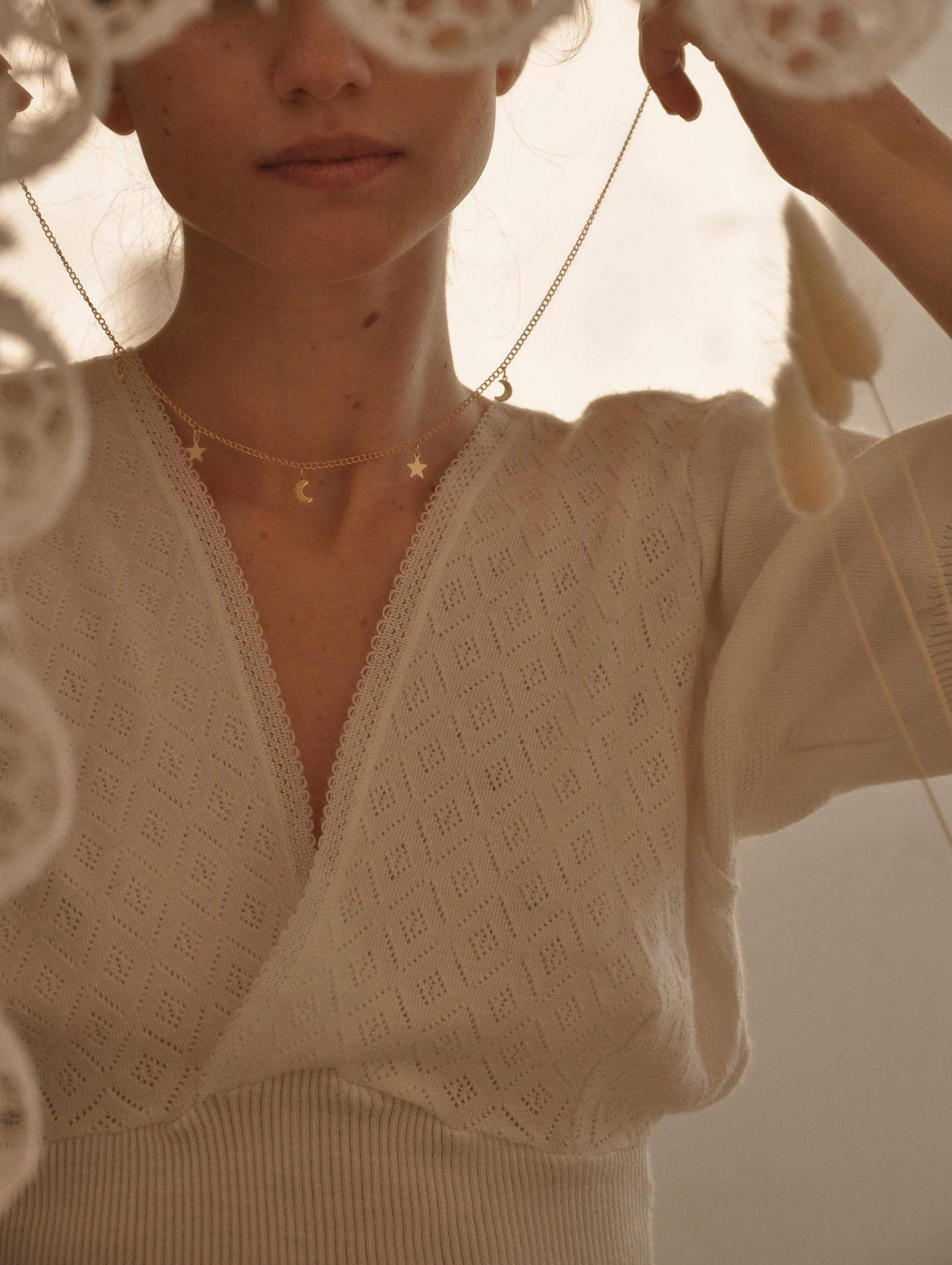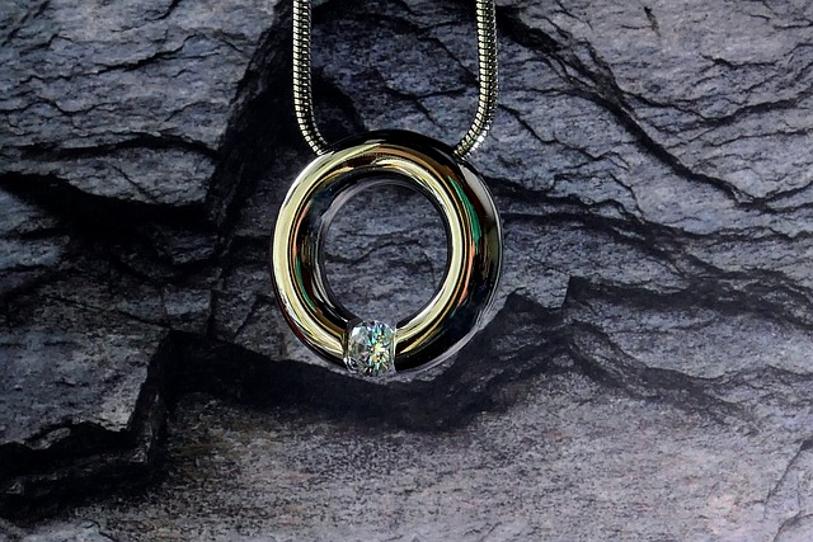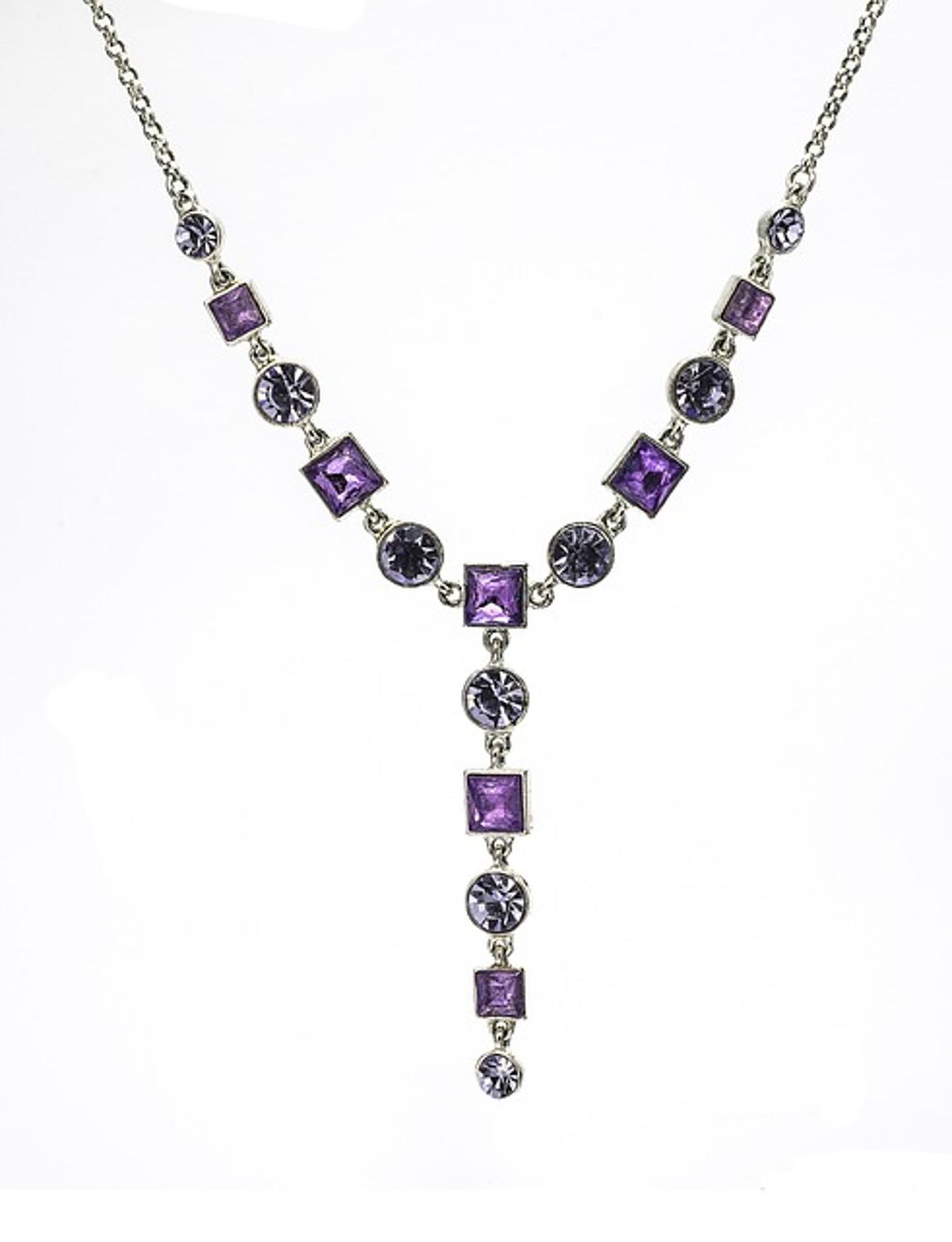Introduction
A pendant necklace isn’t just an accessory; it carries deep meanings and symbolizes different aspects of culture, emotions, and personal milestones. Across generations and continents, people have worn pendant necklaces not only for their aesthetic value but also for their emotional and symbolic significance.
Understanding the meaning behind these pendants can greatly enhance your appreciation for these universally loved accessories. Whether you are gifting a pendant necklace or wearing one to express your personality, having insight into its symbolism can add a richer layer to its sentimental value.

Historical Background
The history of pendant necklaces dates back to ancient civilizations. Initially, pendants were made from natural materials like shells, bones, and stones, often serving a protective role. In ancient Egypt, pendants were more than decorative; they were believed to offer protection and were often shaped like scarabs or other sacred symbols.
Greek and Roman cultures also embraced pendant necklaces, frequently using them to signify status and wealth. These societies crafted pendants from precious metals and gemstones depicting gods, goddesses, and various mythological creatures.
By the Middle Ages, pendant necklaces evolved into talismans and amulets, thought to safeguard their wearers from evil and misfortune. From eras of monarchy to modern times, the pendant necklace has maintained its position as a meaningful and cherished adornment.
Classic Symbols and Their Meanings
Classic pendant designs often carry universal meanings. Two of the most popular are heart and cross pendants.
Heart Pendants
The heart pendant remains an enduring symbol of love and affection. Whether given as a romantic gift, a symbol of friendship, or a treasured family heirloom, heart pendants encapsulate deep emotional connections. Beyond love, they can represent compassion, kindness, and passion, making them a versatile and deeply symbolic piece of jewelry.
Cross Pendants
Cross pendants hold significant religious meaning and are prominent within Christian communities. They serve as a declaration of faith, reminding the wearer of their spiritual beliefs. Beyond their religious significance, cross pendants can symbolize hope, endurance, and the triumph of the human spirit over adversity.
Understanding these classic symbols can help you appreciate their timeless appeal and the deep emotional resonance they carry.

Modern Symbols
In addition to classic designs, modern pendant necklaces have embraced new symbols that reflect contemporary tastes and philosophies.
Geometric Shapes
Geometric pendants have grown in popularity for their sleek, minimalist design. Circles, triangles, and squares each hold unique meanings. For instance, circles can signify infinity, wholeness, and the cyclical nature of life, while triangles may represent balance and harmony.
Nature-Inspired Pendants
Nature-themed pendants such as leaves, flowers, and animals are cherished for their organic appeal. Leaf pendants might symbolize growth and renewal, while animal pendants often carry traits associated with the animal, like courage in the case of a lion, or wisdom for an owl.
Modern symbols offer a fresh perspective on pendant designs, blending contemporary aesthetics with deeper meanings.
Personalized Pendants
Personalized pendants add an extra layer of sentimental value by incorporating elements unique to the wearer.
Name and Initial Pendants
Name and initial pendants are highly personal, making them ideal gifts for loved ones. They often serve as a daily reminder of someone special, strengthening bonds through a tangible token of affection.
Birthstone Pendants
Birthstone pendants carry personal and astrological significance. Each birthstone is believed to bring luck, health, and protection to its wearer. Personalized birthstone jewelry can mark birthdays, anniversaries, or other significant life milestones, adding emotional depth to the piece.
Personalized pendants combine individuality with meaningful symbolism, making them cherished pieces that hold unique significance for the wearer.
Cultural Variances
Pendant necklace meanings can vary significantly across cultures, each imbuing these pieces with unique symbolism.
Eastern Symbolism
In Eastern cultures, pendants often incorporate religious and philosophical symbols. For example, the lotus flower in Hindu and Buddhist traditions can symbolize purity and enlightenment. Jade pendants in Chinese culture are believed to bring harmony, prosperity, and protection.
Western Symbolism
Western symbolism tends to focus on religious, mythological, and astrological themes. Crosses, St. Christopher medals, and zodiac signs are popular, each carrying its own specific meanings. Western cultures also embrace heraldic symbols in pendants, signifying lineage and heritage.
Cultural variances in pendant meanings highlight how different societies and traditions bestow unique significance on these adornments. Understanding these differences can enhance the meaningfulness of your pendant choice.

Conclusion
Pendant necklaces serve as more than just beautiful accessories; they are vessels of meaning and emotion, reflective of various cultural, personal, and historical contexts. Whether you’re drawn to classic symbols or modern designs, personalized details, or cultural significance, understanding the meaning behind your pendant can enhance its sentimental value and deepen your connection to it.
Frequently Asked Questions
What is the significance of wearing a pendant necklace?
Wearing a pendant necklace can symbolize various emotional states, personal achievements, and cultural beliefs. It’s a way to express oneself, commemorate important milestones, or show alignment with specific values or religious beliefs.
How do I choose the right symbol for my pendant necklace?
To choose the right symbol for your pendant necklace, think about what resonates most with you or the person you’re gifting it to. Consider the emotional and cultural significance of the symbol as well as personal preferences and tastes.
Are there any cultural differences in pendant necklace meanings?
Yes, pendant necklace meanings can vary widely across cultures. For example, a cross pendant may have strong Christian significance in Western cultures, while a jade pendant carries profound significance in Eastern societies. Understanding these variances can help select a pendant that is meaningful within the cultural context.
